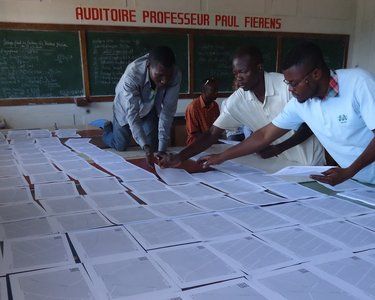Major emergencies requiring international humanitarian assistance are now occurring more frequently, in more complex settings, and with compounding and recurring effects. Despite this, recent evaluations have highlighted the ineffectiveness of the international humanitarian system in responding to major emergencies.
According to ICVA, non-governmental organisation (NGO) coordination during rapid onset and scale-up emergencies is often not fit for purpose. Response is often not rapid or agile enough, with a lack of coordination in the initial emergency phases. It can also sideline pre-existing local responders and capacities despite their proximity and expertise. There is a need for a coalition approach that leverages international expertise to support local capacities without sidelining them. This project aims to build this approach to enhance NGO coordination.
This project aims to support NGO coordination in sudden onset and scale-up emergencies by developing a collective deployment approach. ICVA is seeking to leverage international expertise, support local and national capacities, and create a field-ready model for future emergency deployment that has been tested in an ongoing emergency. To achieve this, ICVA will conduct the following activities:
- Evidence Generation: Produce a lessons learned report assessing NGO coordination and security risk management dynamics from the 2024 scale-up in Lebanon.
- Pilot Deployment: Develop and test a new approach to collective coordination deployment with a focus on leveraging local capacities in an emerging scale up emergency.
- Recommendations: Produce a report outlining recommendations for the wider humanitarian community when deploying this model in future humanitarian emergencies.
This project is led by ICVA. Key stakeholders include NGO fora in at least four countries, H2H Network, Global Interagency Security Forum, IMPACT/REACH, IASC Emergency Directors Group, Global Cluster Coordinators Group, UN agencies, and ICVA members.
